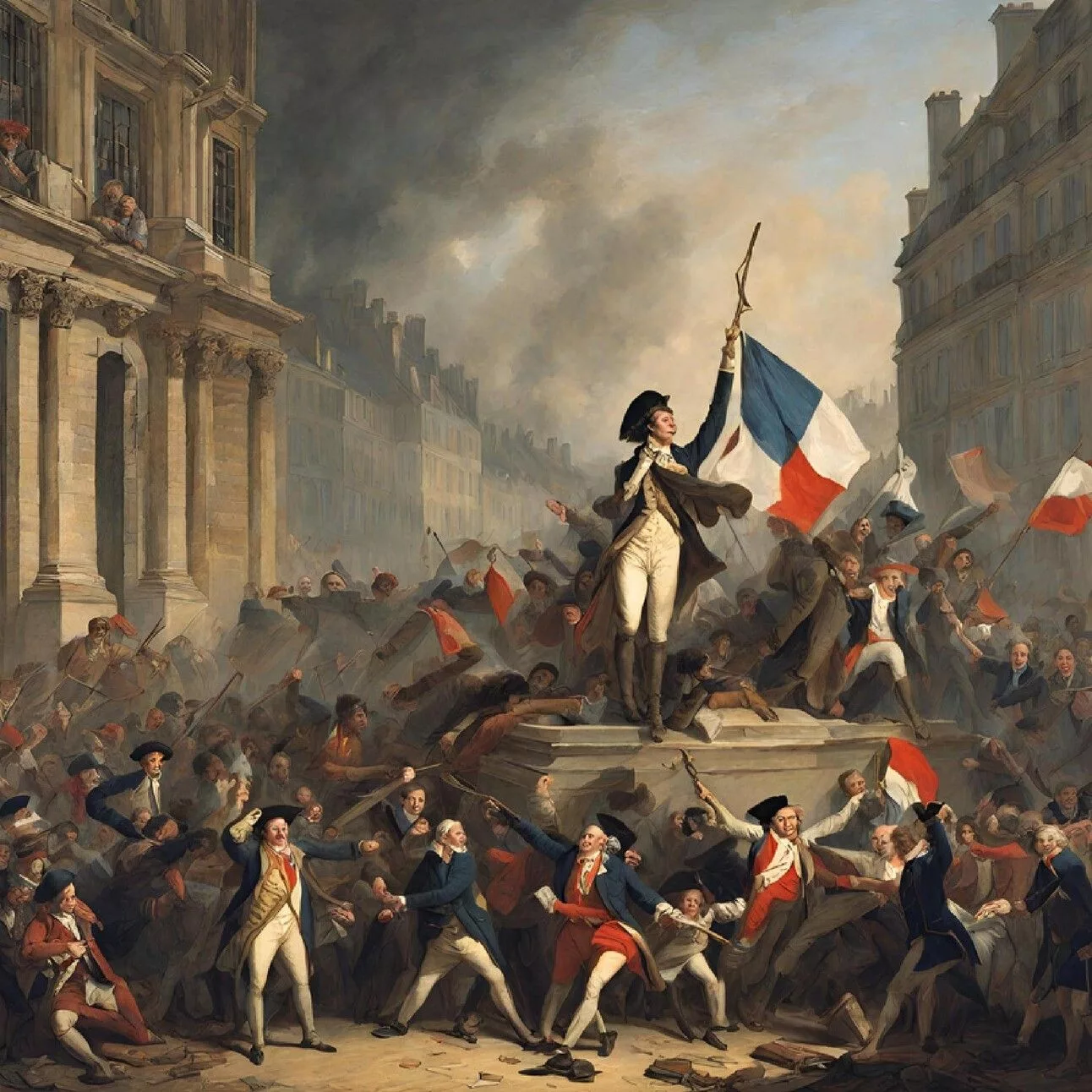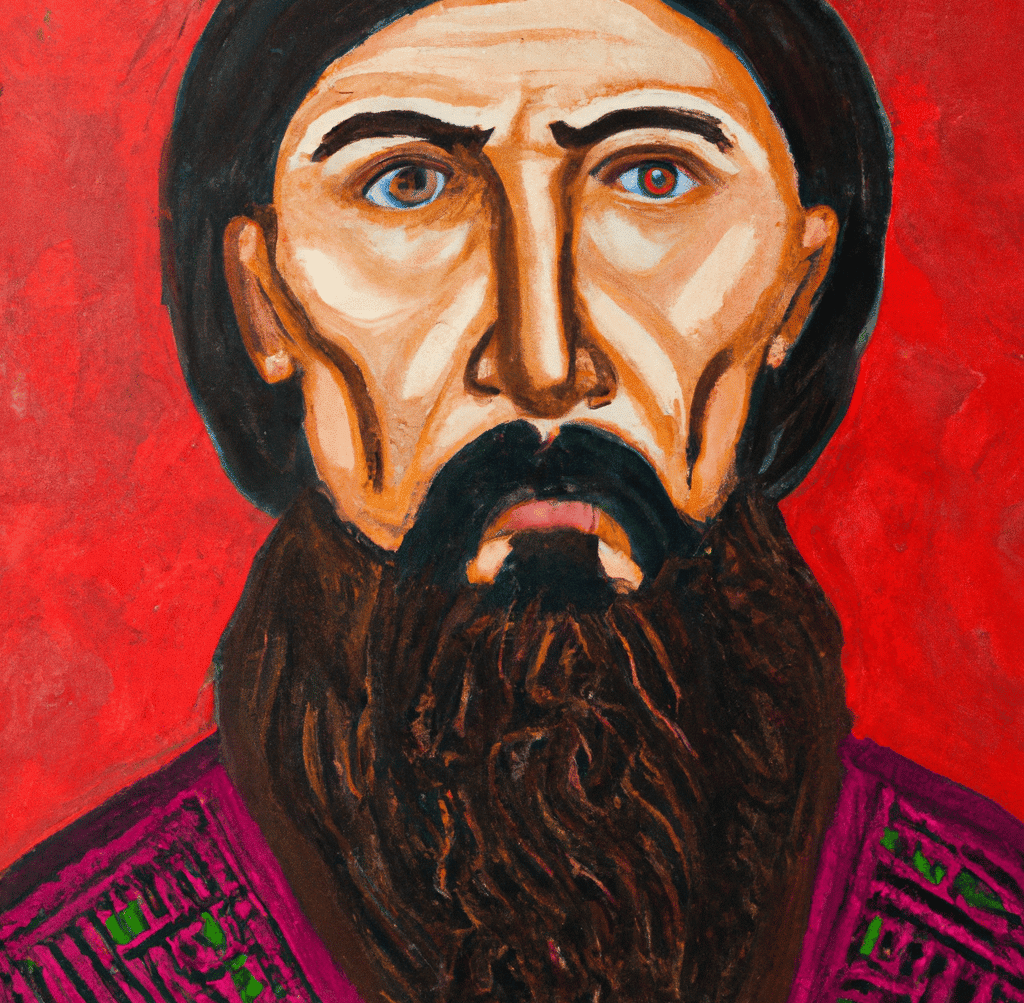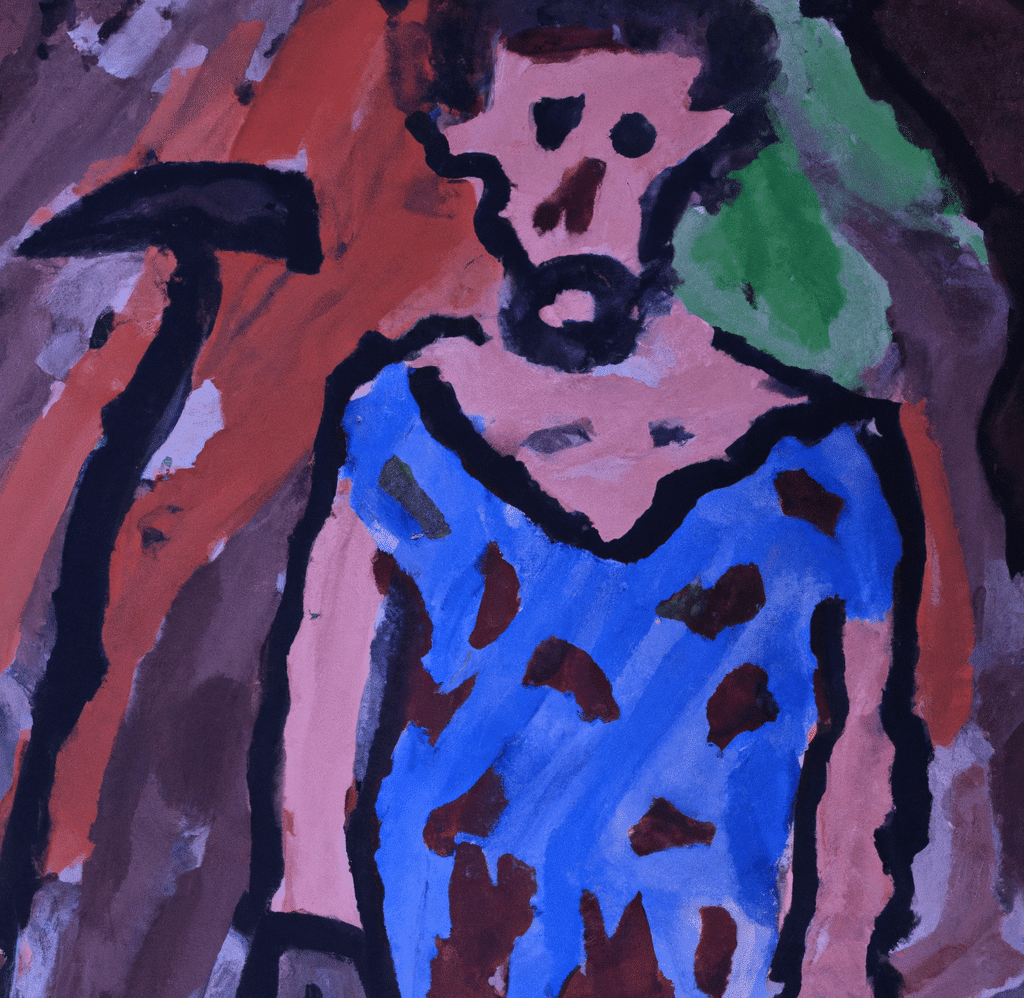
It’s not uncommon for people to become wildly attached to their pets. For many, a pet can serve as a sort of surrogate child, and even be treated better than some people. But one man in ancient Rome took his pet ownership to a whole different level.
Who Was Caligula?

Born in 12 A.D., Gaius Julius Caesar Germanicus was the third son of Roman general Germanicus in the Rhine. While growing up, his father’s troops nicknamed him “Caligula,” which translates to “little boot,” in reference to the child-sized uniform his parents dressed him in. Following his father’s death, his mother and brothers were seen as political rivals to emperor Tiberius, Caligula’s great-uncle, who put them in prison where they would eventually die.
Caligula was able to escape imprisonment with the help of his grandmother. Emperor Tiberius would go on to adopt Caligula as well as his cousin, Gemellus, and name them equal heirs to his empire. Caligula would ascend to the throne of Rome at the age of 25 following the death of Tiberius.
Caligula: The Mad Emperor
Not even a year into his time as emperor, Caligula became severely ill. Many attribute the illness to the epilepsy he experienced as a child which triggered an epileptic psychosis as an adult, leading to extreme paranoia. Not unlike other rulers who have suffered from similar hysteria while in power, his rapidly developing state of madness led to unpopular decisions, such as the restoration of cruel treason trials as well as ordering the execution of his ally Naevius Sutorius Macro as well as his cousin, Tiberius Gemullus, who he saw as a potential challenger.
Caligula’s descent into madness continued, ordering bizarre building projects such as a two-mile floating bridge that would allow him to spend two days galloping back and forth across it. His biography, Suetonius, claimed that tormented high-ranking senators by making them run in front of his chariot and was even rumored to have incestuous relationships with his sisters.
The Emperor and His Horse

According to Suetonius, Caligula loved one thing above all others: his horse Incitatus. His steed was said to have been treated better than most people, sleeping in a marble stall, wearing a jeweled collar and even eating oats mixed with gold flakes. Compared to other claims about Caligula’s actions, fawning over a horse might be one of the least strange reports about him.
According to Suetonius’ writings, Caligula planned to make Incitatus a consul, the highest elected public official of the Roman Republic. Consuls served as the heads of state, commanding the army, presiding over the Senate, and representing the state in foreign affairs. A rather important role to bestow upon a horse.
So why name a horse to such an esteemed position? While some believe the proposition to be a sign of his insanity, others interpret it as genuine affection for his closest companion. However, many scholars contest that the proposal was a calculated political maneuver that was intended to mock and humiliate the Senate and showcase Caligula’s absolute power.
How Did the Senate React and What Became of Caligula?
The Roman Senate wasn’t thrilled with Caligula’s suggestion. They viewed the potential joke as a slight to the revered position and the political system in general. Additionally, many viewed it as a sign of the growing dangers of the emperor’s madness.
The public shared the Senate’s anger and concern, fearing what this suggestion could mean for the fate of roam. While they and the senate lacked much political power to move against the Emperor, their opportunity arrose after he made an enemy of Cassius Chaerea, one of his guards.
Cassius, alongside other conspirators, assassinated Caligula as well as his wife and daughter to eliminate any potential successors.
While Incitatus never actually rose to the status of consul, the mere suggestion of it was enough to put an end to Caligula’s reign. This story has no happy endings though. Caligula’s bodyguard went on a murder spree following the assassination, vowing to kill those involved in the assassination. Most of this legend was documented by Seutonius in Lives of the Twelve Caesars, which played a major role in further perpetuating the legacy of madness that is still associated with Caligula and his horse to this day.
.










